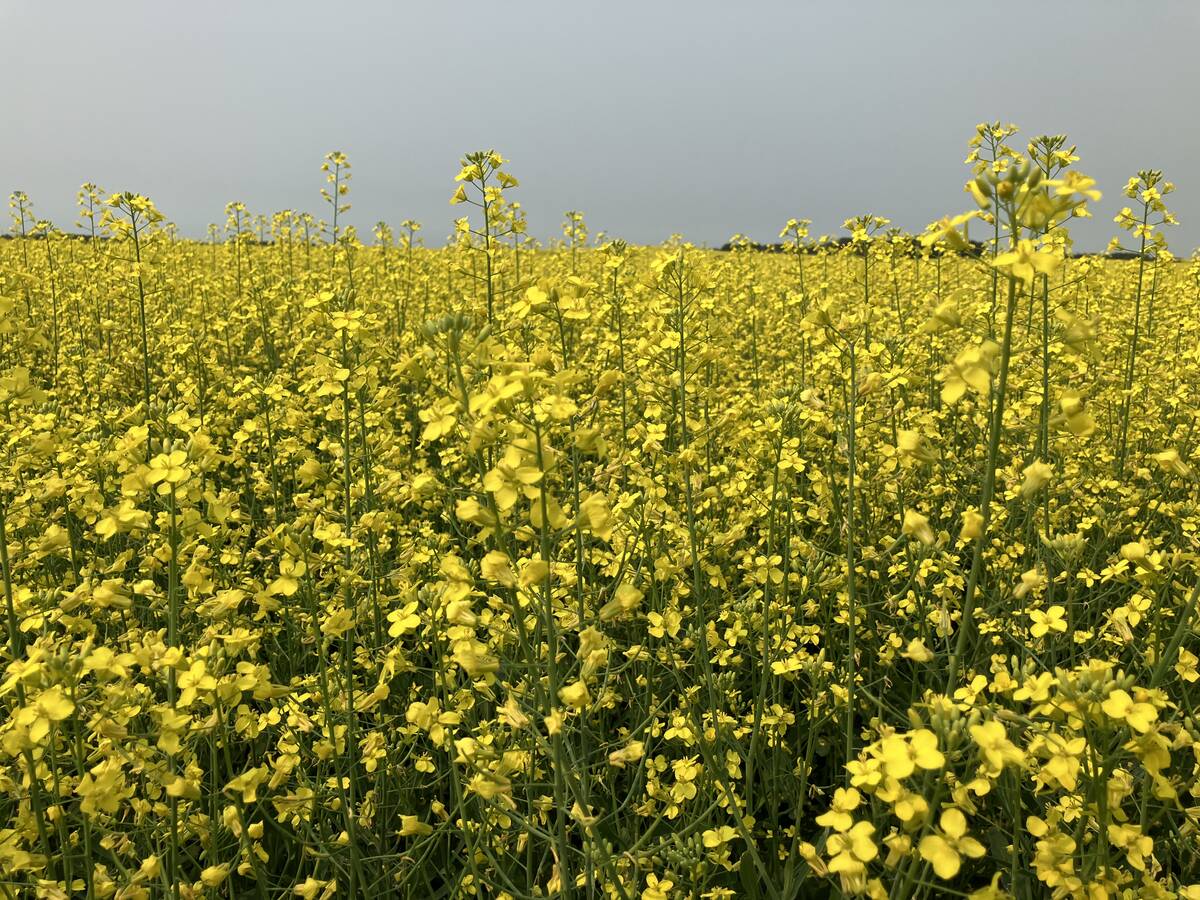North Dakota wants to massively expand hemp production in North America.
But one of its leading legislators says Canadian farmers shouldn’t worry. If hemp is legalized in the United States, farmers won’t be fighting over a small pie.
“U.S. demand will increase,” said representative David Monson, the Republican majority leader of the state assembly. He spoke at the Canadian Hemp Trade Alliance meeting in Winnipeg Nov. 17.
“Right now it’s a chicken and egg situation. No (industrial processing industry) is going to start gearing up to use industrial hemp because they don’t have a steady supply. The only supply they have is through foreign countries.”
Read Also

Canola used in only quarter of Canadian biofuel
Less than one-quarter of the biodiesel and renewable diesel used in Canada in 2024 was made from canola oil feedstock
Industrial hemp, used in food and fibre, cannot be legally grown in the U.S. now because the plants look nearly identical to the varieties that produce marijuana.
North Dakota has been fighting for almost a decade to get U.S. federal government approval to allow production of the crop, so far with no success.
The U.S. Drug Enforcement Agency, or DEA, has refused to consider legalizing it.
“Despite the fact that North Dakota has passed laws to allow industrial hemp production, and licensing procedures have been put in place, the DEA just keeps saying no,” said Monson.
North Dakota will challenge the DEA’s authority in coming months, Monson said, when his state’s licensing regulations for hemp growing are introduced and he becomes one of the farmers who obtains a licence from the state to grow the crop.
The state government hopes that if the DEA refuses to respect North Dakota laws, the courts will reduce the agency’s power.
“You’re probably looking at some kind of legal issues here that we will try to find some kind of recourse here and go through the courts,” said Monson.
Even if the state can force the DEA to allow hemp growing, farmers won’t flood the market for a long time.
In fact, Canadian hemp seed growers would probably gain first.
“You would see a pretty nice price for your seed, probably all that you could produce for quite a number of years,” said Monson.
“Once we have a steady supply, once we can produce it, the markets for industrial hemp, for the fibre, to make carpet, to make construction-type plywood, and on and on and on, that market’s going to just explode,” said Monson.
He also predicted hemp prices would eventually fall as production increases, but there will still be a net benefit for Canadian farmers, because acres in North Dakota going into hemp will come out of wheat.
Don Wirtshafter, an Ohio businessperson, hemp promoter and an investor in a number of hemp-based businesses, agreed with Monson’s prediction of U.S. hemp demand growing once it is approved.
“We’ve just begun to tap the market for hemp products,” said Wirtshafter.
“Hemp oil is finding a market in natural food stores. Now we’re starting to come up with (scientifically verified) reasons why people would want to have hemp in their diets, so that market will expand too.”

















